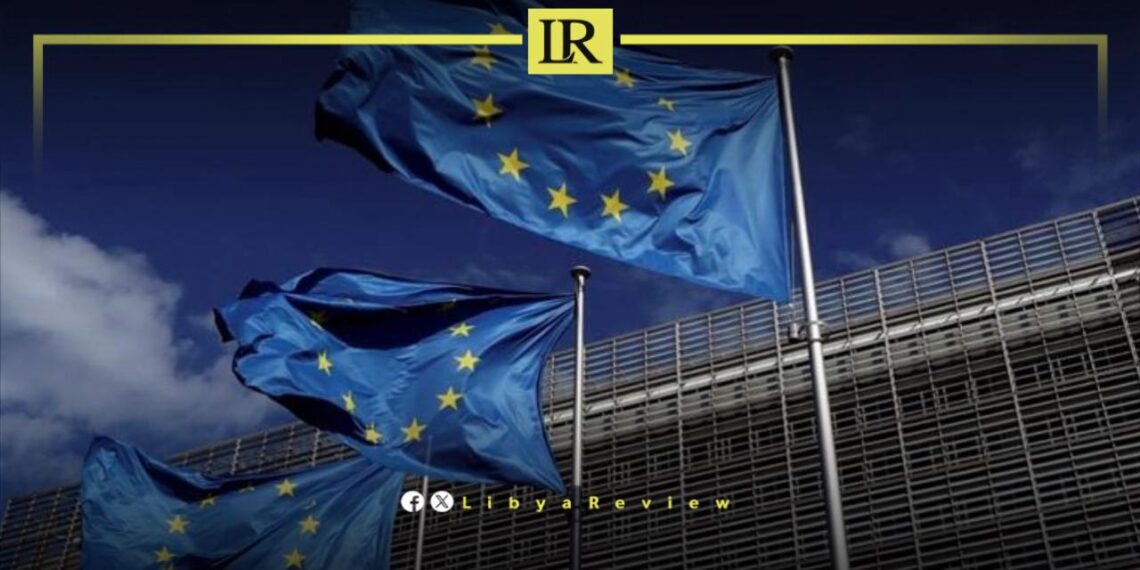On Sunday, the European Union (EU) diplomatic mission in Libya expressed strong support for the new political roadmap unveiled by UN Special Representative Hanna Tetteh before the United Nations Security Council last week.
In a joint statement, the EU delegation welcomed the plan as the product of wide-ranging consultations with Libyans across different regions and sectors. It described the roadmap as an inclusive and practical approach designed to end political paralysis and pave the way toward elections.
The roadmap is built on three main pillars. The first is establishing a clear legal and constitutional framework to guarantee credible presidential and parliamentary elections. The second is unifying Libya’s divided institutions under a single government with a clear and time-bound mandate.
The third is initiating an inclusive national dialogue involving Libyan citizens, youth, women, civil society, and community leaders, to address unresolved grievances and sources of conflict.
According to Tetteh, the roadmap will be implemented in stages over a period of 12 to 18 months, beginning with reforms to strengthen the High National Elections Commission and revising the legal framework that stalled the 2021 vote.
The EU emphasized that these measures lay out a clear path to restoring legitimacy to Libya’s institutions and rebuilding public confidence. It called on all political actors to accelerate the initial steps, particularly the restructuring of the elections commission and agreement on a revised electoral framework.
The EU statement also reaffirmed its commitment to supporting the UN-led process, noting that the roadmap places Libyan citizens at the center of decision-making. European officials said the plan represents a genuine opportunity to end years of transition and move toward stability, peace, and democratic governance.


